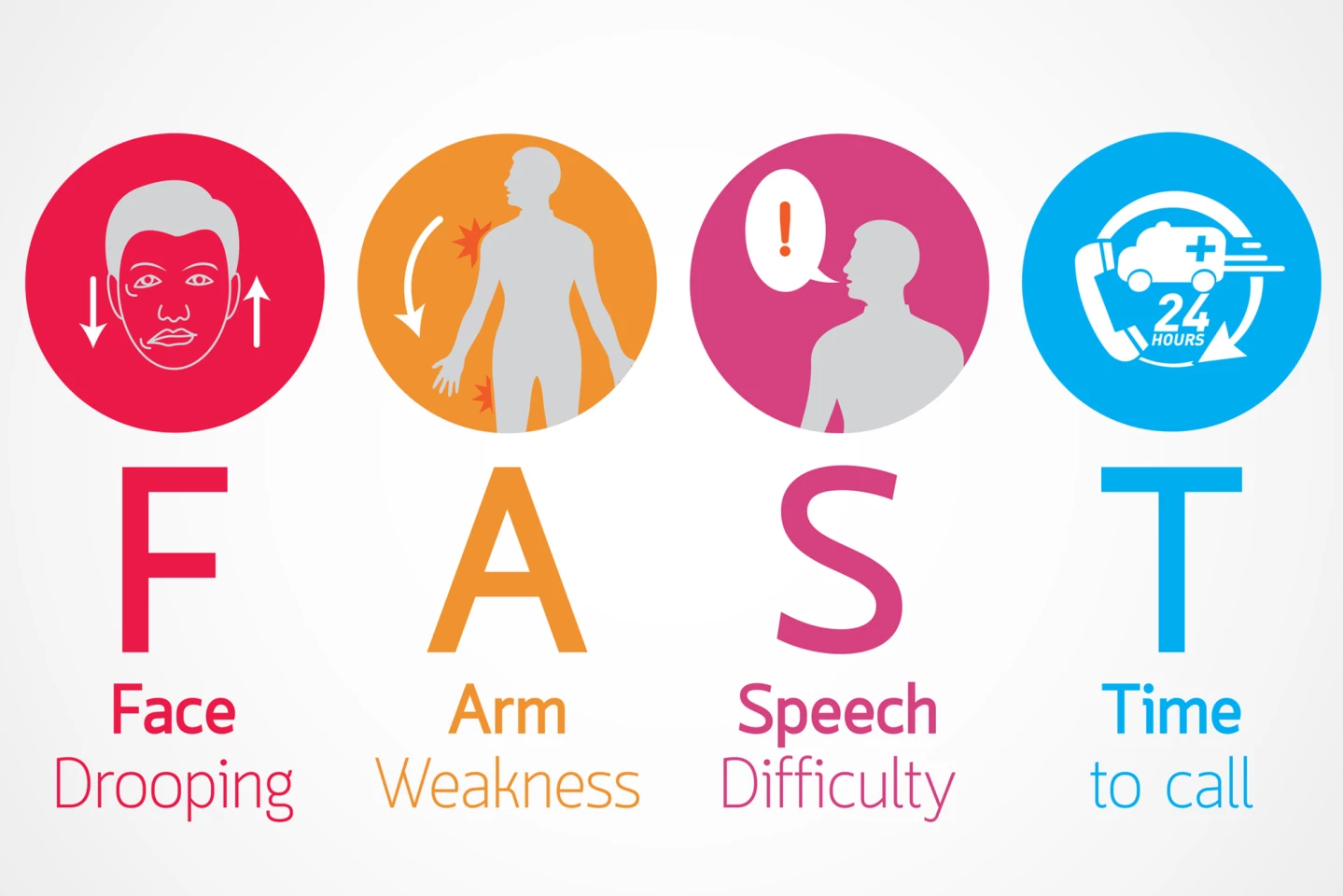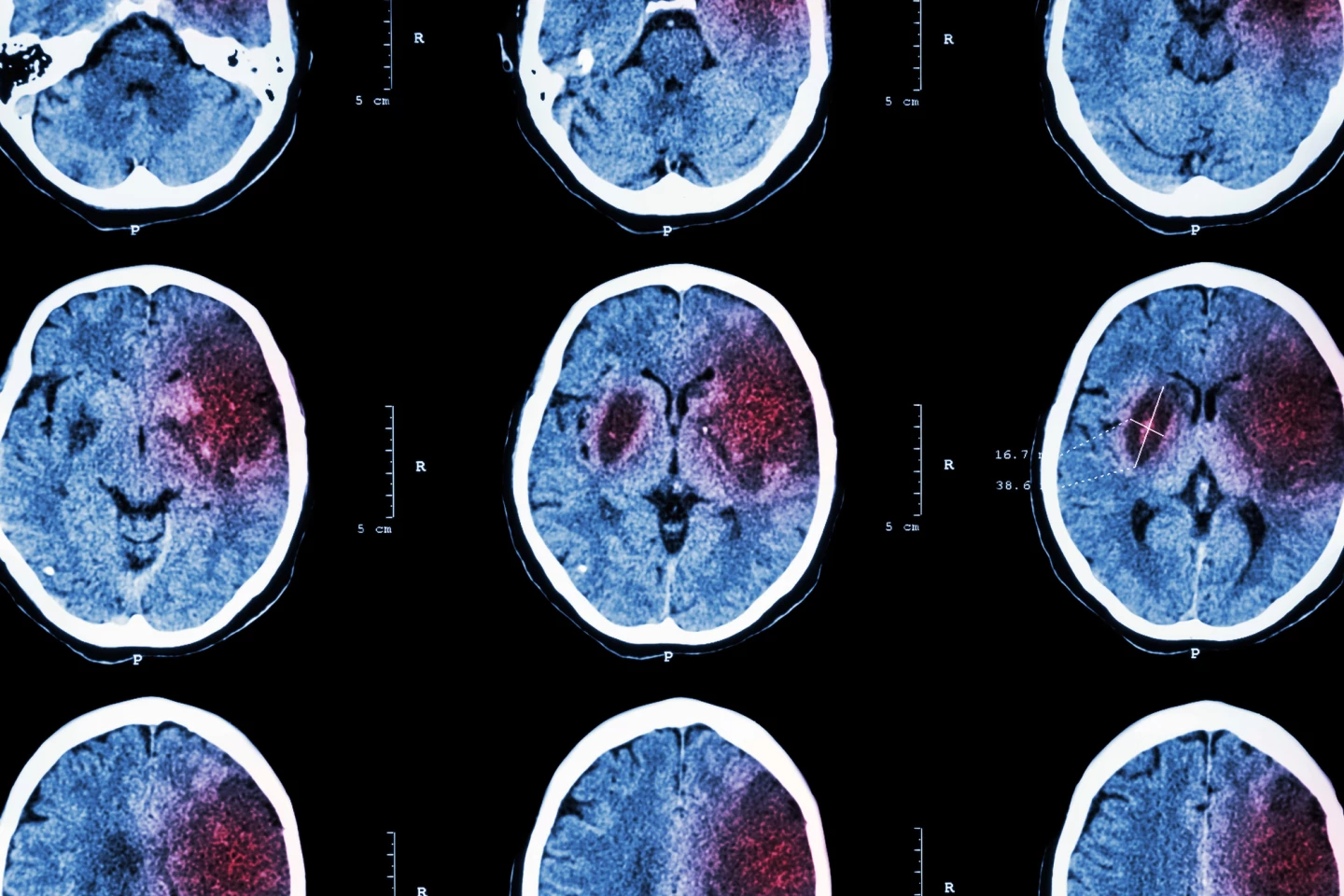Injecting a natural hormone directly into the gut reduces the cognitive impairment that accompanies a stroke in the long term, according to a new study. The findings add to evidence that a healthy gut means a healthy brain and pave the way for a treatment that reduces the chronic after-effects of stroke.
What with the number of studies confirming it, it’s pretty much a given now: the gut and brain are linked, such that the health of one directly affects the health of the other.
Worldwide, one in four over 25s will have a stroke in their lifetime. The sudden symptoms indicating that someone’s had a stroke are well-recognized and are treated by intensive physical and occupational therapy. However, the long-term effects of stroke – cognitive impairment and depression resulting from damage to the brain’s cells or neurons, for example – can be harder to treat. But a new study by researchers at Texas A&M University has capitalized on the gut-brain link to protect the brain from the long-term ravages of stroke using a naturally occurring hormone.
“Stroke is one of the leading causes of dementia and AD [Alzheimer’s disease],” said Dr Farida Sohrabji, Head of the University’s Department of Neuroscience and Experimental Therapeutics and the study’s corresponding author. “While there are acute, immediate consequences of stroke, there are also these long-term consequences that affect quality of life for the patient as well as the caregivers, so there’s a lot of interest in understanding how to improve long-term outcomes.”
The researchers were concerned with the less obvious internal effects, what happens in the gut following a stroke, rather than the outward signs and symptoms.

“You have individuals who can’t lift their arms, whose faces droop on one side, their speech is slurred,” Sohrabji explained. “That’s classic and occurs very, very quickly. What we’ve found is that minutes after a stroke occurs, normal gut anatomy is completely disrupted.”
A stroke causes the intestinal wall, which ordinarily acts as a barrier between the gut and the rest of the body, to become leaky. Digestive bacteria can then pass out of the gut through the leaky wall and harm other bodily systems, including the brain. Even if the bacteria don’t reach the brain, they can trigger a body-wide inflammatory response that exacerbates the effect of the stroke, injuring the brain further and increasing the risk of long-term cognitive impairment.
“If you just repair the brain, you will see short-term effects but not long-term improvement because the gut is still leaky,” said Sohrabji. “It’s [causing inflammation] and constantly impacting brain function in the long term.”
This study built upon the researchers’ previous studies, which had shown that the hormone insulin-like growth factor-1 (IGF-1) reduced the level of inflammatory small proteins called cytokines in the area of the brain where stroke had occurred, but didn’t provide answers about IGF-1’s effect on cytokines circulating outside the brain. They gave rats with left-sided strokes either IGF-1 or a placebo four hours post-stroke for 48 hours. Afterwards, they tested their cognitive performance and sensory-motor functioning in addition to assessing their gut health.
The researchers found that the effect of IGF-1 treatment was dependent on its route of administration. Delivering it into a vein so that it traveled around in the bloodstream resulted in “robust neuroprotection” by way of a reduction in infarct size (the area starved of blood and oxygen because of the stroke) and improved sensory-motor performance in the short term, but no impact on cognitive impairment in the long term. However, delivering it directly to the gut produced the opposite effect: no improvement in acute outcomes but “robust amelioration” of chronic cognitive impairment.
When IGF-1 was delivered to the gut, it wasn’t detected in the brain, leading the researchers to hypothesize that it acted on the body’s peripheral immune organs, affecting what immune cells they produced, preventing brain degeneration that way.
“The current study strongly implicates the gut as a direct or intermediary target for long-term benefit for stroke outcomes,” the researchers said. “This study adds to the growing literature that recovery from acute neural injury is possible through improving gut health, and reciprocally, that gut health can impact neurological function.”

In addition to their work with IGF-1, the researchers are investigating transplanting healthy intestinal stem cells into a gut that’s been damaged by stroke. Sohrabji was the corresponding author of a 2023 study investigating this as a novel treatment.
“We were fairly sure that [the stem cells] would repair the gut,” Sohrabji said. “What was not known, and what was a pleasant surprise to us, was that in the process, it also improved stroke outcomes. As a result of [the treatment], the amount of dead tissue in the brain as a result of stroke was reduced and cognitive function was preserved.”
The researchers will continue their work to develop a treatment that reduces the long-term cognitive effects patients experience following a stroke.
The study was published in the journal Brain, Behavior, and Immunity.
Source: Texas A&M University







